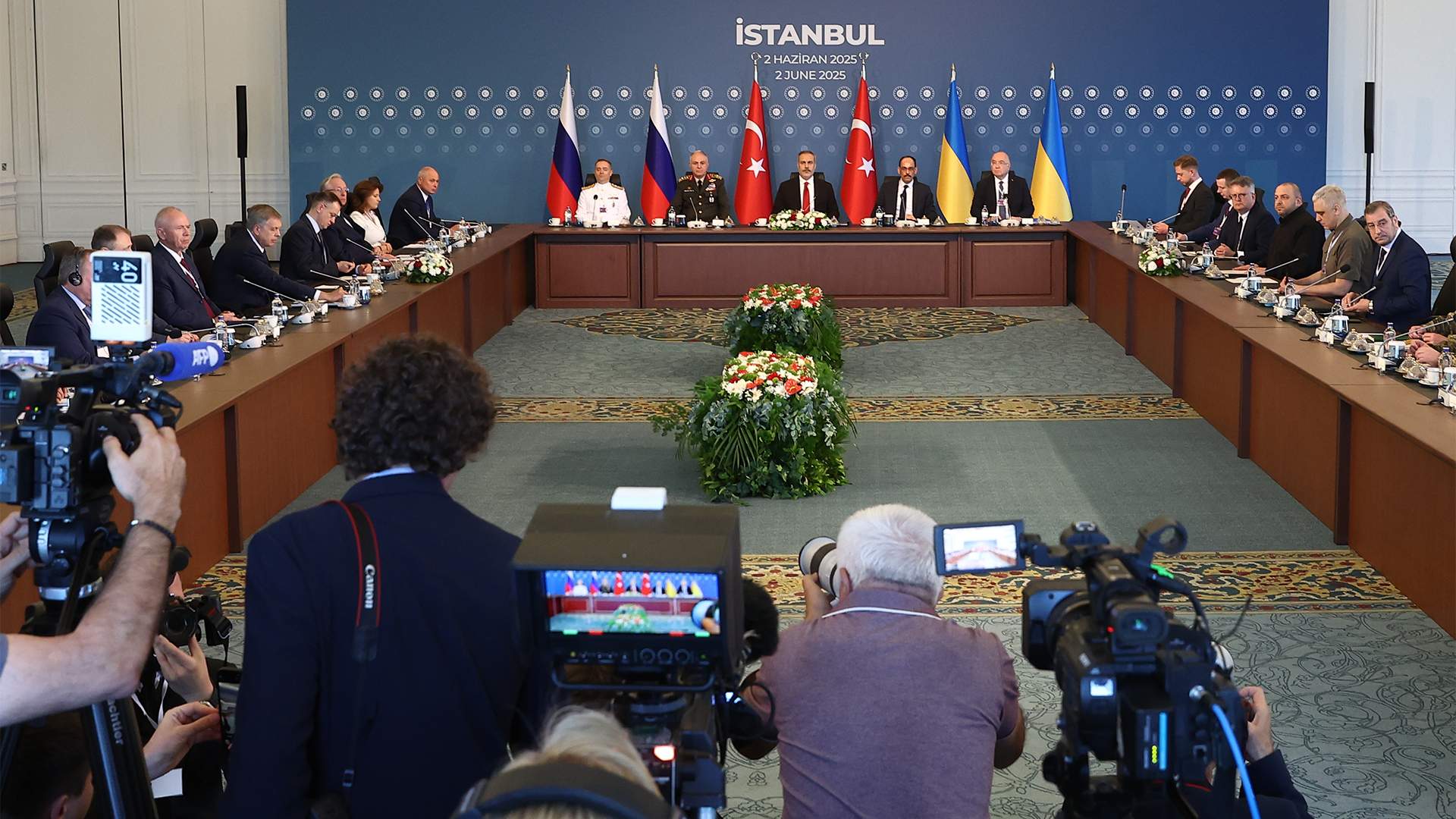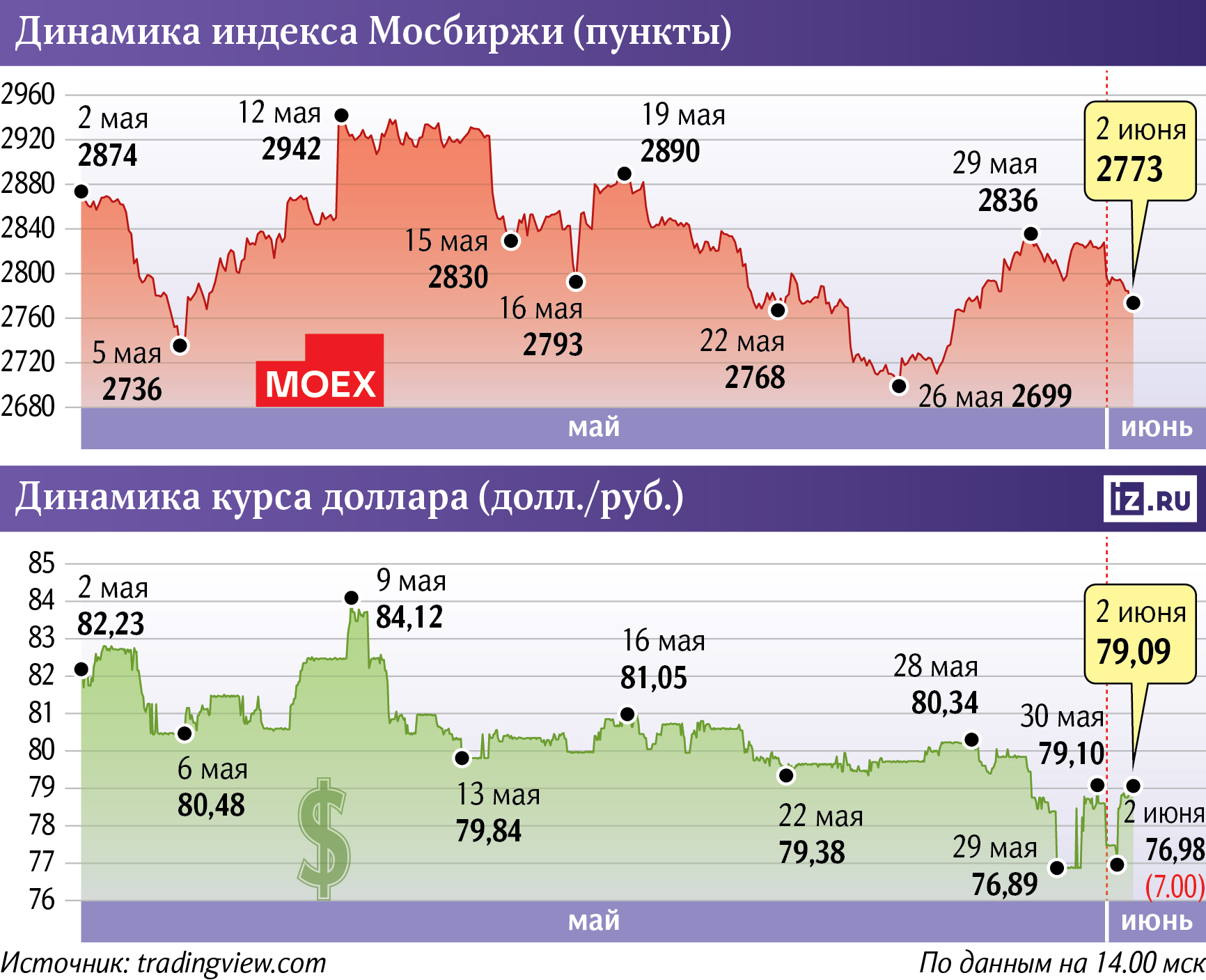- Статьи
- World
- Related topics: what are the results of the second round of negotiations between Russia and Ukraine
Related topics: what are the results of the second round of negotiations between Russia and Ukraine

Recent strikes on military airfields and terrorist attacks in the Russian border affected the course and results of the second round of negotiations between Russia and Ukraine in Istanbul, experts told Izvestia. Kiev's actions were aimed at disrupting the negotiation process. Nevertheless, on June 2, the parties exchanged memoranda on the settlement of the conflict, and also agreed on a new prisoner exchange. One of the innovations was Russia's proposal to introduce ceasefire regimes on certain sections of the contact line. The information about what the Russian and Ukrainian memoranda contain and how Moscow assessed the results of the next meeting is in the Izvestia article.
Results of the second round of negotiations between Russia and Ukraine
The second round of negotiations between Russia and Ukraine in Istanbul, which took place at the Chiragan Palace, ended with concrete agreements on the exchange of prisoners. It may become the largest since the beginning of the SVR, the head of the Russian delegation, Assistant to the President of the Russian Federation Vladimir Medinsky, said after the meeting. According to him, it will include from 1 thousand to 1.2 thousand people from each side. The previous exchange, which was agreed on May 16, took place on a "1000 to 1000" basis.
— We have agreed on the largest, large-scale exchange according to the following formula: first, all the seriously injured and seriously ill will be exchanged on the principle of "all for all." This is a humanitarian gesture on our part. Secondly, according to the same formula, "all for all", young soldiers under the age of 25 will be exchanged. At the same time, the total exchange ceiling will be at least 1,000 people on each side," he said, noting that the exchange ceiling "may be higher," and the figures are being clarified.
The Russian Federation and Ukraine have also agreed to establish permanent medical commissions, based on their conclusions, lists for the exchange of seriously wounded soldiers will be formed.
"Such exchanges will take place regularly," said the head of the Russian delegation.
In addition, the Russian Federation will unilaterally transfer 6,000 frozen bodies of Ukrainian Armed Forces soldiers to Ukraine. According to Vladimir Medinsky, they will be sent to Ukraine next week "so that they can be given a human burial." Kiev also announced its readiness to transfer 6,000 bodies to Moscow.
In addition, the Russian Federation offered Ukraine a ceasefire for two to three days on certain sections of the contact line. According to Vladimir Medinsky, this should make it possible to collect the bodies of the dead — against the background of Russia's advance, the Ukrainian Armed Forces have more dead than the Russian army. He explained that the Ukrainian military had promised to work out the implementation of this agreement in detail in the near future. Interestingly, Vladimir Zelensky reacted negatively to this initiative.
The issue of family reunification was very acute this time. Kiev pointedly demanded that the Russian Federation return the "stolen" Ukrainian children. This was stated, in particular, by the head of the office of the President, Andrei Ermak. Vladimir Medinsky said that Ukraine had handed over to Russia a complete list of children with 339 surnames. The Russian authorities will work out information on each child, he said, adding that Moscow has recently returned 101 children to Kiev, and the Ukrainian side has returned 22 to the Russian side.
— There are no abducted children. There are children who were saved by our soldiers at the cost of their lives, dragged out of the war zone at risk, and taken out. We are looking for parents. If parents appear, we return them," Vladimir Medinsky said. — Unfortunately, the Ukrainian authorities have staged a show on the topic of child abduction aimed at compassionate Europeans.
Finally, Russia, through Turkey, handed over to Ukraine a draft memorandum on the settlement of the Ukrainian conflict. Vladimir Medinsky said that it consists of two parts.: how to achieve a real long-term peace and what steps to take so that a full-fledged ceasefire is possible.
The Russian delegation is pleased with the results of the second round of negotiations, Vladimir Medinsky noted. Turkish President Recep Tayyip Erdogan called the meeting "magnificent." UN Secretary General Antonio Guterres said he welcomes the agreement reached in Istanbul between Russia and Ukraine on the exchange of prisoners. It is not clear when and under what conditions the next round may take place, but there is an understanding that it is likely to take place again in Istanbul. Rustem Umerov said that he had offered Russia to hold a meeting before the end of June.
Russian draft memorandum on conflict settlement
After the talks, the media distributed the text of the Russian draft memorandum. Among the main parameters of the final settlement of the conflict are the international legal recognition of Crimea, the LPR, the DPR, the Zaporizhia and Kherson regions as part of the Russian Federation, and the withdrawal of Ukrainian armed forces from their territories. In addition, an important point is the provision on Ukraine's neutrality, which implies its refusal to join military alliances and coalitions, as well as the deployment of foreign troops and infrastructure on its territory.
Ukraine should also set a maximum number of its army, manpower and equipment, prohibit the glorification and propaganda of Nazism, give the Russian language official status, and lift restrictions on the Ukrainian Orthodox Church. Interestingly, Russia, in particular, offered to abandon mutual claims in connection with the damage caused in the fighting. Moscow is ready to gradually restore diplomatic and economic relations with Kiev, including gas transit.
Russia listed the terms of the ceasefire in two versions. According to the first one, Ukraine is completely withdrawing its armed forces from the territory of the DPR, LPR, Zaporizhia and Kherson regions, and at a distance agreed upon by the parties from the borders of the Russian Federation.
The second option (the "package proposal") implies a list of actions, including the cessation of mobilization and the beginning of demobilization, the exclusion of the military presence of third countries on the territory of Ukraine, the lifting of martial law, mutual amnesty for "political prisoners", as well as the announcement of the date of presidential and parliamentary elections, which must be held no later than 100 days after the lifting of martial law.. The establishment of a 30-day ceasefire, which Ukraine demands, is possible only after the withdrawal of Ukrainian troops.
"At the same time, the complete withdrawal of AFU units from the territory of the Russian Federation and the full implementation of the package agreement must be completed within 30 days," the document says.
The Russian memorandum also stipulates the need to work on the text of the peace treaty and determine the date of its signing, which must be approved by a legally binding resolution of the UN Security Council and ratified by the parties.
The Ukrainian memorandum and attempts to disrupt the peace process
Shortly before the end of the negotiations, a Ukrainian draft document also appeared online. According to the list of requirements, Kiev is not going to commit itself to neutrality and refusal to join NATO and the EU — it is supposedly up to the leaders of the alliance and the association to decide. Ukrainians expect an immediate 30-day truce with the possibility of extension, the line of demarcation will have to be "held" by the United States and third countries. Kiev is ready to discuss territorial issues only after a complete and unconditional ceasefire.
— The Ukrainian memorandum requires us to practically surrender, so it was obvious that Russia would not agree to an agreement within the framework of the exchange of these memoranda. There is no room for compromise. They demand that we completely cease hostilities, and they promise that sanctions may be lifted, but they may be imposed again at any moment. And, accordingly, there are no territorial concessions — it is indirectly served there. Therefore, it was obvious that it would be possible to agree, as before, only on the exchange of prisoners and the bodies of the dead," Bogdan Bezpalko, a member of the Council on Interethnic Relations under the President of the Russian Federation, told Izvestia.
At the same time, a few days before the second round of negotiations, Ukraine carried out a series of terrorist attacks on the territory of the Russian Federation. So, on the evening of May 31, a bridge with cars collapsed in the Bryansk region, under which the Klimov – Moscow passenger train was passing. Later, there was another explosion of a railway bridge on the Trosna –Kalinovka highway in the Kursk region.
In addition, on June 1, the Ukrainian special services carried out several terrorist attacks using FPV drones against airfields in the Murmansk, Irkutsk, Ivanovo, Ryazan and Amur regions. Kiev's actions had a direct impact on the course and results of the negotiations, Bogdan Bezpalko believes.
"That's why they were so short and concise,— he said. — At the same time, Russia, despite all these terrorist attacks, has demonstrated that it is ready to negotiate and does not abandon a peaceful settlement.
Denis Denisov, an expert at the Financial University under the Government of the Russian Federation, also believes that Kiev's provocations were aimed at disrupting the negotiation process. In this regard, the meeting between Russia and Ukraine was not a breakthrough, he believes.
— It should be noted that the composition of the Ukrainian delegation immediately showed that there could be no talk of any breakthroughs. Of the 12 people who participated from Ukraine, there were 11 professional soldiers. And the representative of the Ukrainian Foreign Ministry was more like an attribute of these negotiations, and nothing more. As a result, it was immediately clear that there would be no serious discussion of any political issues," he said in an interview with Izvestia.
A negative background for negotiations was also created in Europe. So, on June 2, British Prime Minister Keir Starmer announced that London, as part of the new defense strategy, was switching to "combat readiness mode as the main goal of the armed forces." Meanwhile, Lithuania hosted the Bucharest Nine summit, which was attended by Vladimir Zelensky. At the meeting, European countries once again supported Ukraine's membership in NATO.

Переведено сервисом «Яндекс Переводчик»










